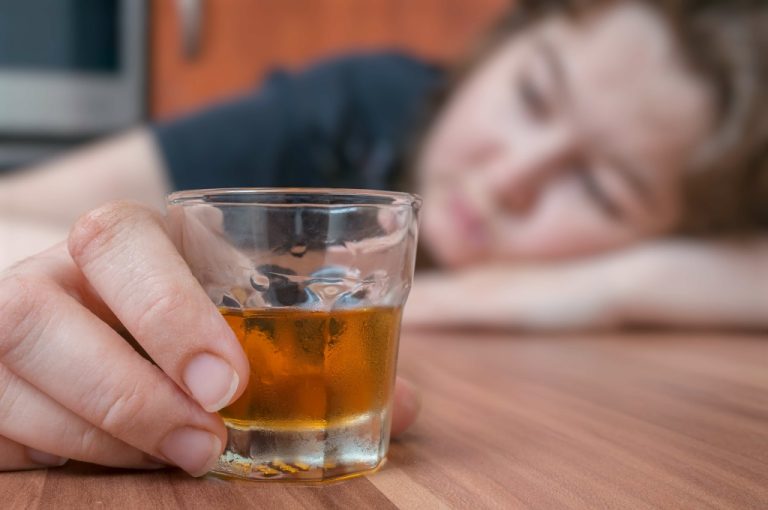They may be treated with drugs that mimic the effect of alcohol on the brain to reduce withdrawal symptoms. The person will also be given fluids and salts, and high doses of thiamine (vitamin alcohol and dementia B1) by injection. Alcohol-related ‘dementia’ is a type of alcohol-related brain damage (ARBD). Treatment typically involves the use of thiamine supplements in oral or injected forms.

This is known as alcohol-related brain damage (ARBD) or alcohol-related brain injury (ARBI). Some people with ARBD will only have small changes to their thinking and memory, known as mild cognitive impairment (MCI). They are at risk of more serious brain damage unless they stop drinking. High amounts of alcohol use are causal risk factors in the development of disease in the heart, liver, pancreas, and brain (including the brains of children in utero). In fact, 1 in 8 deaths in Americans aged is attributable to alcohol use. When it comes to adults, excessive alcohol use can cause multiple well-defined brain issues ranging from short-term confusion to dementia.
Motor skill impairment
If someone is worried about their memory and thinking, their GP might ask them to complete a series of quick tasks that check things like the ability to follow simple instructions, basic arithmetic, memory and orientation. The answer depends on several factors, but two of the more researched factors include the amount of alcohol consumed and whether someone is an APOE ε4 gene https://ecosoberhouse.com/ carrier. Read our tips for supporting a person with ARBD (alcohol-related dementia and Wernicke-Korsakoff’s). Depending on who you ask, you might be told to drink a few glasses of red wine a day or to avoid alcohol altogether. The reasons for such recommendations are many, but, by and large, they tend to stem from a study someone read about or saw reported in the news.
- It’s hard to know what to say to a loved one when you’re worried that their drinking is affecting their health.
- Dementia is a clinical syndrome characterized by a progressive deterioration in cognitive ability and the capacity for independent living and functioning [1].
- The young-onset of some of the most common types of dementia are described on this page.
Korsakoff syndrome causes confabulation, memory loss, and gait abnormalities. These often occur if treatment for Wernicke encephalopathy does not work. Experts noted that France, well known for wine consumption, has an average 0.4% rate of alcohol-related dementia. Alcohol-related dementia is a type of brain disorder where a person develops issues with thinking or processing and memory. The different types of damage are linked to different types of ARBD. For example, Wernicke–Korsakoff syndrome is most closely linked with low levels of thiamine (vitamin B1).
Improving Deep Sleep May Help Stave Off Dementia: Study
If alcohol-related dementia is due to Wernicke-Korsakoff syndrome, thiamine may be given to help reduce the condition’s effects or completely reverse it in its early stages. In its later stages, taking thiamine may be less effective but could help prevent further progression. The one clear way to prevent or treat alcohol-related dementia is to stop drinking as soon as possible. By removing the causative factor, the progression of alcohol-related dementia can be stopped. If the specific case of dementia is reversible, stopping alcohol use will be necessary for recovery to occur.
- A deficiency of Vitamin B1 (thiamine) is the primary cause of Wernicke-Korsakoff syndrome; however, excessive alcohol consumption may contribute to the deficiency.
- Experts recommend that screeners check anyone with memory loss for alcohol use.
- Alcohol abuse increases risk of heart conditions as much as other risk factors.
- The process typically includes evaluating the senior’s medical history, alcohol consumption patterns, and cognitive functioning, and ruling out other potential causes of dementia.
- In our most recently published study, we wanted to verify the accuracy and sensitivity of our VR game to assess cognitive abilities.
